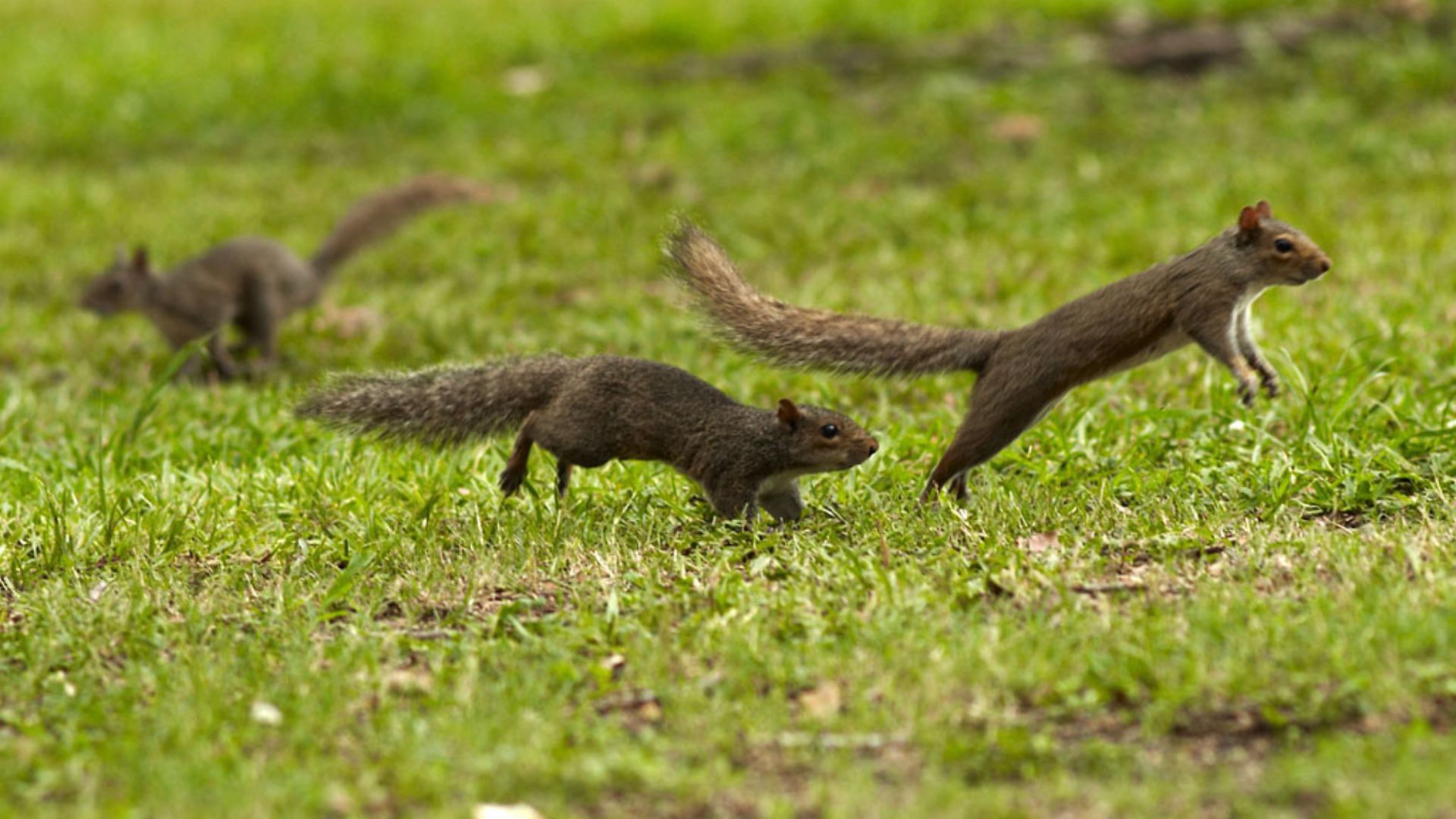Playful behaviour is a common phenomenon observed across various animal species, from mammals and birds to reptiles and insects. While play may seem frivolous, it serves important purposes in the lives of animals, helping them develop essential skills, form social bonds, and maintain overall well-being. In this article, we explore the reasons why animals engage in playful behaviour and the significance it holds in their lives.

Development of Skills
Play serves as a vital tool for young animals to develop essential skills necessary for survival. Through playful activities such as chasing, wrestling, and mock fighting, animals hone their physical abilities, coordination, and agility. For predators, play mimics hunting behaviour and allows them to practice stalking, pouncing, and capturing prey. Similarly, prey animals engage in playful evasion tactics to refine their escape strategies and elude predators more effectively.
Social Bonding
Playful interactions play a crucial role in fostering social bonds and strengthening relationships among animals. Play provides an opportunity for individuals to establish trust, communicate intentions, and negotiate social hierarchies in a non-threatening environment. Group play sessions promote cooperation, empathy, and reciprocity, essential qualities for maintaining cohesive social groups. By engaging in playful behaviour, animals reinforce social bonds and build alliances that enhance their collective survival and success.
Stress Relief
Just like humans, animals experience stress and tension in their daily lives. Playful behaviour serves as a natural outlet for releasing pent-up energy and reducing stress levels. Play triggers the release of endorphins, neurotransmitters responsible for feelings of pleasure and well-being, which help alleviate anxiety and promote relaxation. Whether it’s a dog frolicking in the park or a chimpanzee swinging from tree branches, playful activities provide animals with a much-needed respite from the challenges of their environment.
Cognitive Stimulation
Playful behaviour offers cognitive stimulation and mental enrichment for animals, stimulating their curiosity, problem-solving abilities, and creativity. Play encourages experimentation and exploration, allowing animals to learn about their environment and discover new strategies for overcoming obstacles. Puzzle-solving games, object manipulation, and social play scenarios challenge animals’ cognitive faculties and promote mental flexibility, enhancing their adaptability to changing circumstances.
Expression of Joy and Happiness
Beyond its practical benefits, playful behaviour is often a manifestation of joy, happiness, and emotional well-being in animals. Playful animals exhibit signs of enthusiasm, excitement, and contentment, such as wagging tails, playful vocalizations, and exuberant movements. These expressions of joy serve as indicators of overall psychological health and emotional fulfilment in animals. By engaging in play, animals experience moments of pure enjoyment and express their innate zest for life.
Conclusion
Playful behaviour is a fundamental aspect of animal behaviour, serving multiple purposes that contribute to their physical, social, and emotional development. Whether it’s a kitten chasing a toy mouse or a group of dolphins leaping through ocean waves, playful activities enrich the lives of animals and enhance their capacity to thrive in their natural environments. Understanding why animals engage in playful behaviour deepens our appreciation for the complexity of their lives and underscores the importance of promoting environments that support their natural behaviours.
